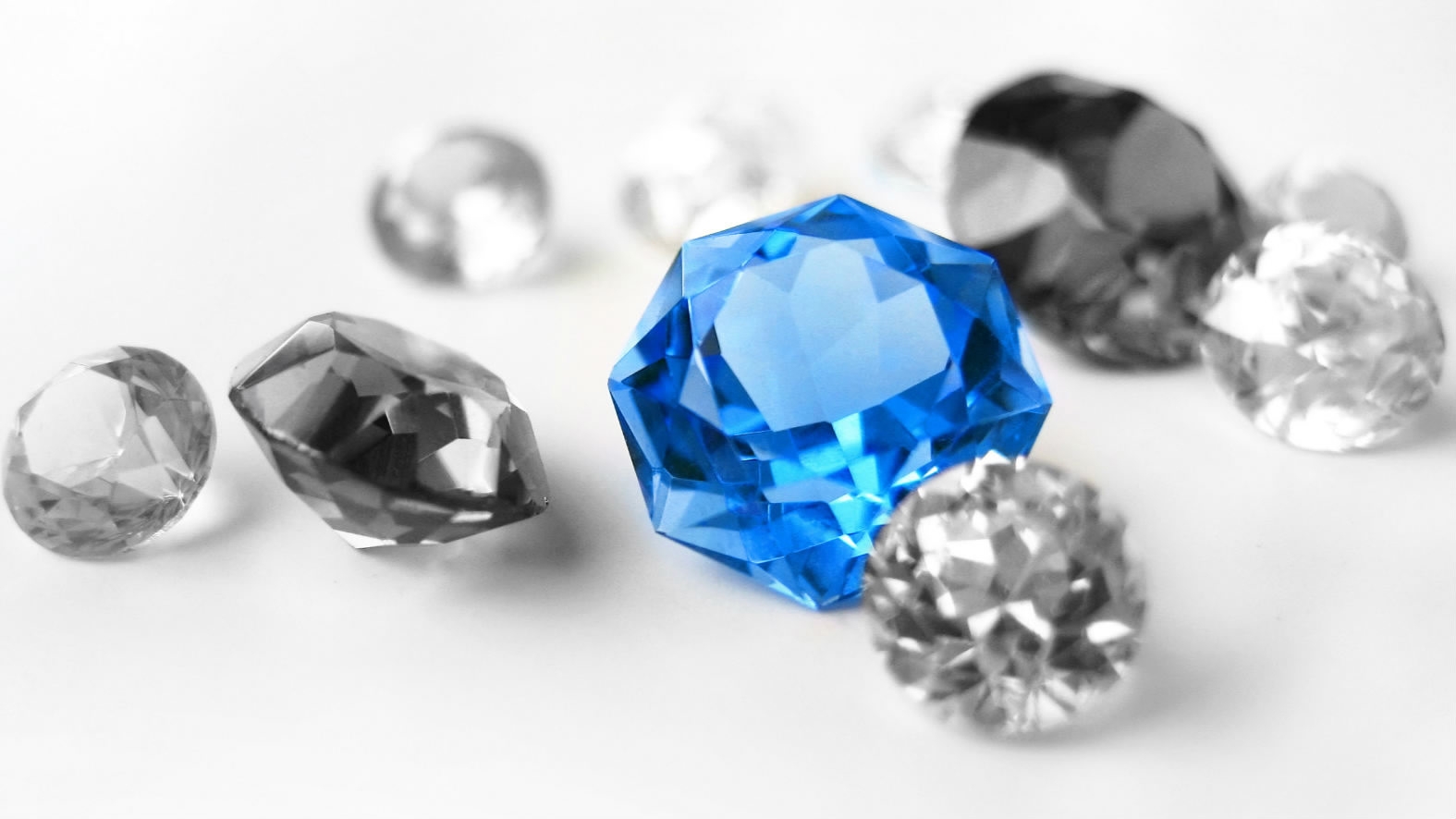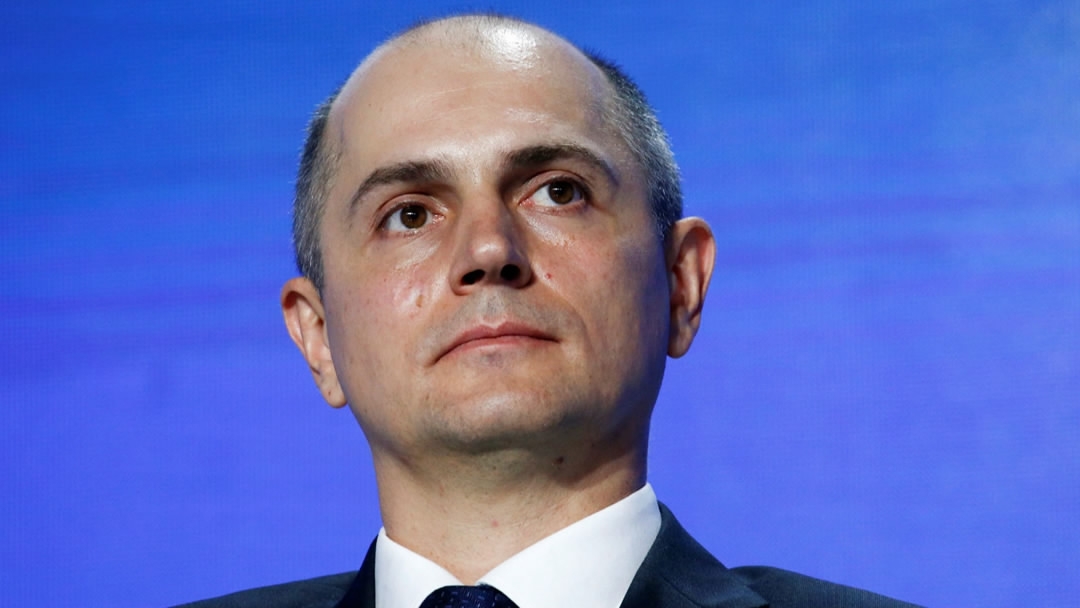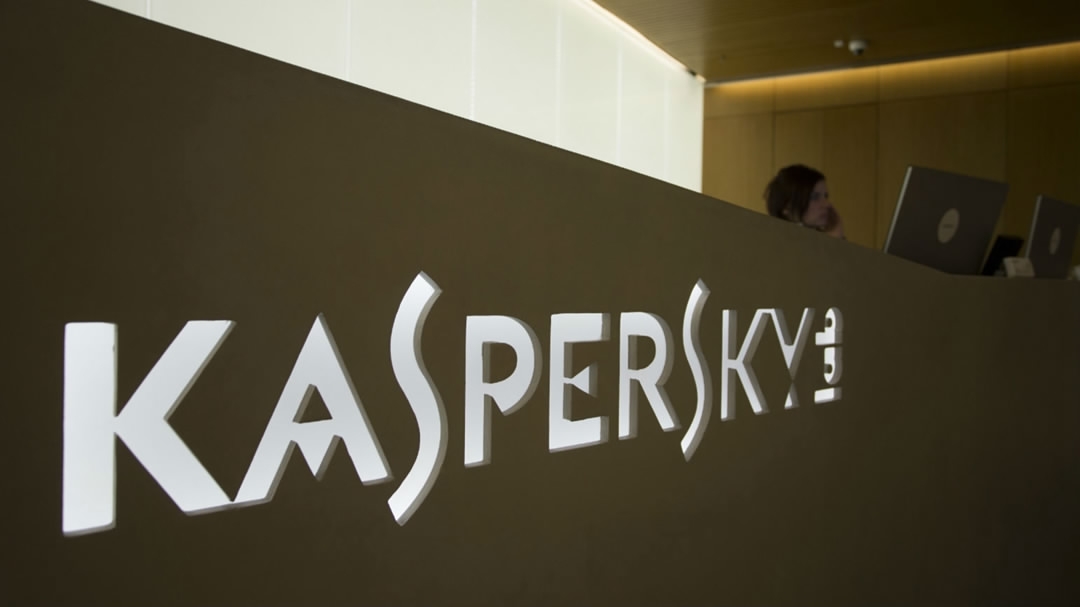
Business
22:56, 29-Aug-2017
Innovation & growth: Raw materials drive Russia's economic development
By CGTN’s Aljosa Milenkovic

In the face of sanctions imposed in 2014, Russia’s economy needed some urgent overhaul if the country wanted to survive new and harsh economic realities. It’s raw materials-driven income was hit hardest in that period, partly by sanctions, and partly by a significant drop of world market prices of oil, gas and other raw products.
According to official data from early 2017, the Russian economy is out of recession, with expected annual growth this year of up to 1.7 percent. One of the reasons for that can be found in its changing profile from just raw materials into high tech producer and exporter.
Monocrystal, from Russia’s southern town of Stavropol, is one of the companies to benefit from the raw material innovation.

Oleg Katchalov, president and CEO of Monocrystal. /VCG Photo
Oleg Katchalov, president and CEO of Monocrystal. /VCG Photo
As the world leader in producing artificial sapphire, Monocrystal’s crystal is used for mobile phone's screens, lenses and LED lights. With two factories in Russia and one in China, and exporting almost 98 percent of its production, that totals over 100 million US dollars.
“We are happy to witness recently that state support to the high-tech and export oriented companies is steadily growing,” said Oleg Kachalov, president and CEO of Monocrystal.
Monocrystal is adding its share to the changing balance of raw vs high-tech segments of the Russian economy.
“The share of oil and gas is still quite handsome, but it goes down,” said Mikhail Mamonov, managing director of Russian Export Center. “Russian non-oil, non-gas, non-resource exports is going up. It is maybe 30 percent up from 2014.”

VCG Photo
VCG Photo
Another “high-tech” company, Kaspersky, also joined the innovation club. As one of the world leaders in cybersecurity, Kaspersky is expanding to the BRICS and other developing countries.
“For the last few years, we’ve seen particular interest from Chinese authorities, from Chinese government and also from Chinese business in our company.” said Anton Shingarev, vice president for public affairs of Kaspersky.
“Our main partner is CAC, which is Cyber Administration of China. We got really good working relations with this organization, we exchange some dates about the current threats.”
With its 4.000 workers in their laboratories in four countries, Kaspersky is strongly advocating the need for Russia’s further expansion in the high tech, as those are things of the future.
Related stories:

SITEMAP
Copyright © 2018 CGTN. Beijing ICP prepared NO.16065310-3
Copyright © 2018 CGTN. Beijing ICP prepared NO.16065310-3